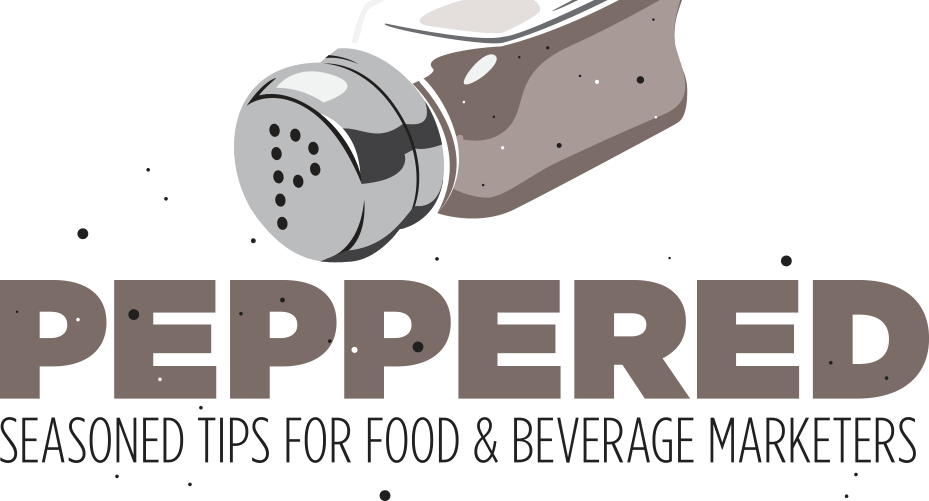In today’s fast-paced, moving world of viral trends, social media dominance, and constantly shifting consumer behaviors, Gen Z is reshaping the way food brands market their products. Long gone are the days of billboard ads and polished commercials being enough. For this generation, authenticity, transparency, and creativity rule the table. In this article, we’ll explore how Gen Z is not only influencing but transforming food marketing and what brands need to do to keep up.
Authenticity Isn’t Optional, It’s Expected
Gen Z can smell a traditional ad a mile away, and they’ll scroll right past it. A decade ago, a simple photo of a celebrity holding a snack might’ve sparked a spike in sales. Today, if it feels even slightly inauthentic, Gen Z isn’t afraid to call it out. What works now? Real people, real moments, and unfiltered content.
A perfect example is the “Get Ready With Me” (GRWM) trend on TikTok. It’s a popular content trend where a creator films themselves getting ready for school, work, or some other social function while sharing commentary or personal anecdotes referred to as “story times.” These videos often feel spontaneous and intimate, and when an influencer casually mentions their favorite drink mid-routine, their followers listen – especially when it’s paired with a disclaimer like “This isn’t even sponsored.” That’s the key: Gen Z doesn’t want to be sold to. They want to trust what you’re sharing.
Transparency Is the New Standard
Gen Z demands to know what’s in their food and where it comes from.
Today’s successful food brands are:
- Highlighting ingredient transparency
- Showcasing sustainable sourcing
- Being open about health impacts and processing methods
Brands like Olipop and Magic Spoon Cereal have built loyal followings by being up-front about ingredients and functional benefits. In contrast, Celsius faced public scrutiny (and lawsuits) after being accused of misleading health claims. If your brand isn’t being honest, Gen Z will find out and they won’t forgive easily.
Social Media Is the New Supermarket
Instead of TV ads or in-store tastings, Gen Z finds new foods through social media. TikTok, YouTube, and Instagram are a 24/7 source of global foodie inspo…here, viral recipes and food “hacks” spark mass buying frenzies.
Think:
- Dubai Chocolate Bar
- The viral baked feta pasta craze
- Fruit Roll-Ups with ice cream
- Olive oil on ice cream, popularized by Dua Lipa in a casual interview.
When a moment feels unscripted and real, Gen Z doesn’t just notice, they act. Brands like Graza olive oil have leaned into these moments by joining the conversation, not controlling it.
What Works With Gen Z: The New Food Marketing Playbook
Here’s what smart food brands are doing to connect with Gen Z:
1. Satisfying, Scroll-Stopping Content
- ASMR-style clips: chip bags opening, soda fizzing, nails tapping cans
- “Aesthetic fridge restock” videos that feel oddly calming and relatable
2. Interactive Engagement
- Running polls: “Which flavor should we launch next?”
- Responding to comments with videos and shout-outs to build loyalty
3. Organic Product Placement
- Food brands casually appearing in the background of influencers’ videos
- Gen Z investigators notice and start commenting, asking, researching
4. Influencer Collabs That Feel Real
- Charli D’Amelio x Dunkin’: Charli did a collab with Dunkin after years of being recognized with Dunkin on her own. So when the collab came, it only felt natural.
- Kardashians x Crumbl: Each sister got a custom cookie, with Kourtney’s viral gluten-free option turning into a taste test TikTok trend.
The Shift to Health & Wellness
Gen Z values balance over restriction. They care about:
- Mental health
- Functional ingredients (like adaptogens or probiotics)
- Flexible approaches to nutrition, not strict diets
Brands are responding by moving away from calorie-focused marketing and instead leaning into wellness-forward messaging.
Real-World Examples of Gen Z Food Marketing
- Chipotle: Encourages user-generated TikTok content
- Oatly: Leans into humor and rebellion with self-aware, quirky branding
- McDonald’s: Collaborates with artists like Travis Scott for a limited-edition meal
These brands are winning because they understand what Gen Z wants: relatable, values-aligned, and interactive content.
Final Thoughts: Evolve or Get Left Behind
Gen Z isn’t just a new consumer group, they’re a cultural force. They’ve rewritten the rules for food marketing: demanding honesty, creativity, and connection. For brands that want to stay relevant, it’s time to ditch the gloss and embrace the real. Because if it doesn’t feel authentic, Gen Z won’t bite. Like literally, they won’t eat your food.





